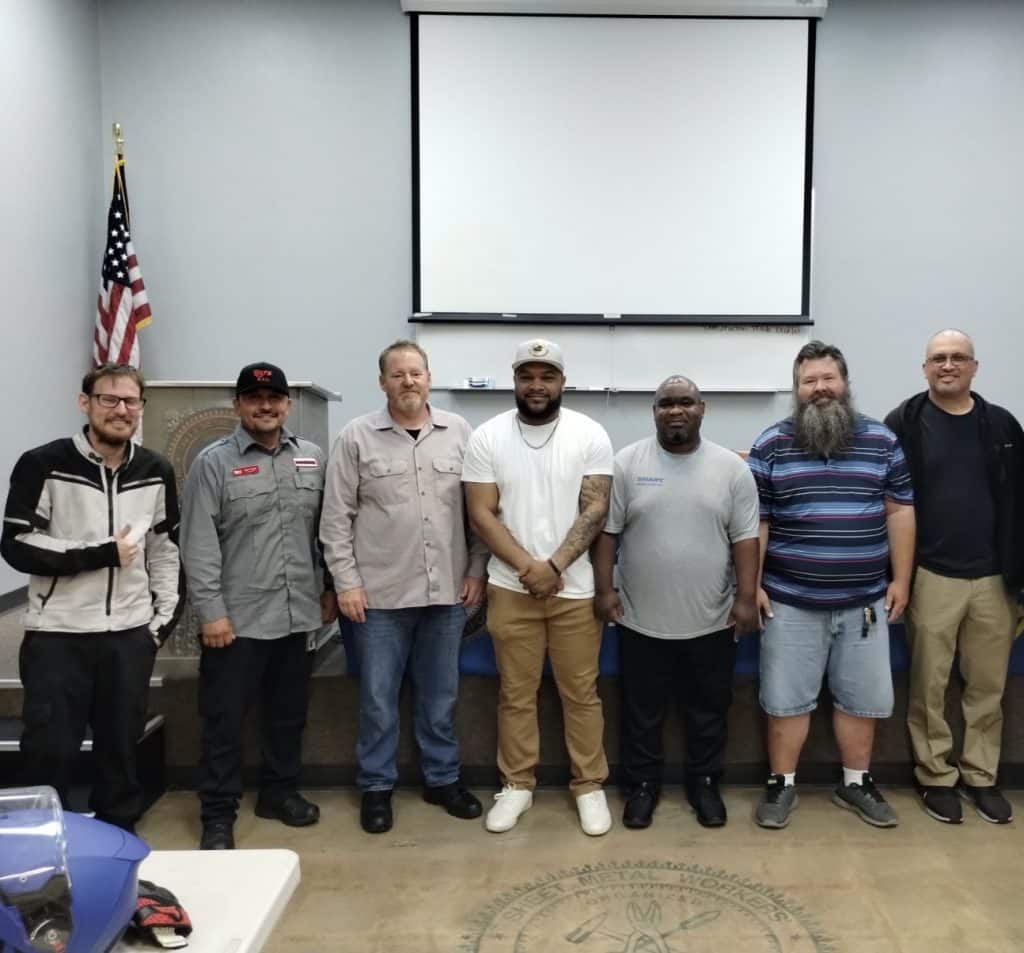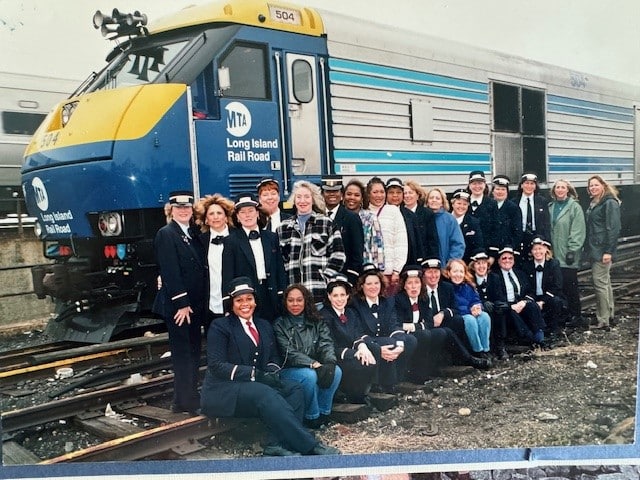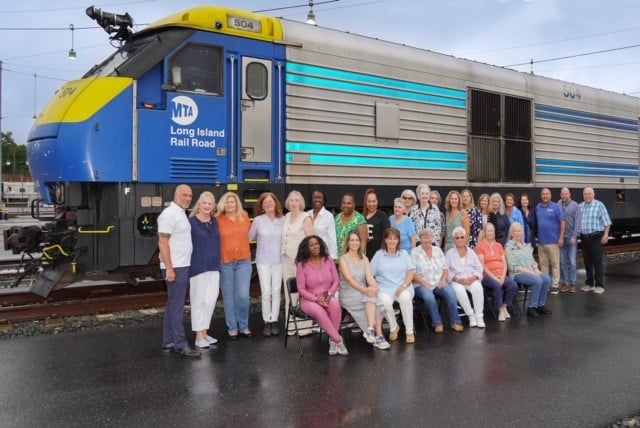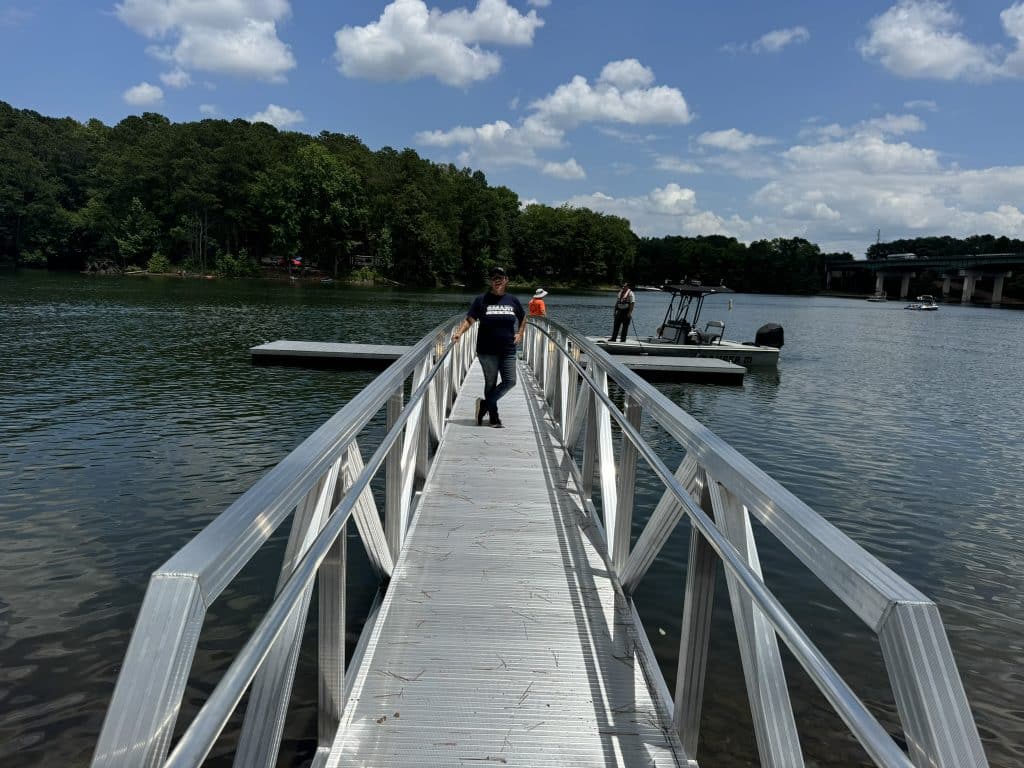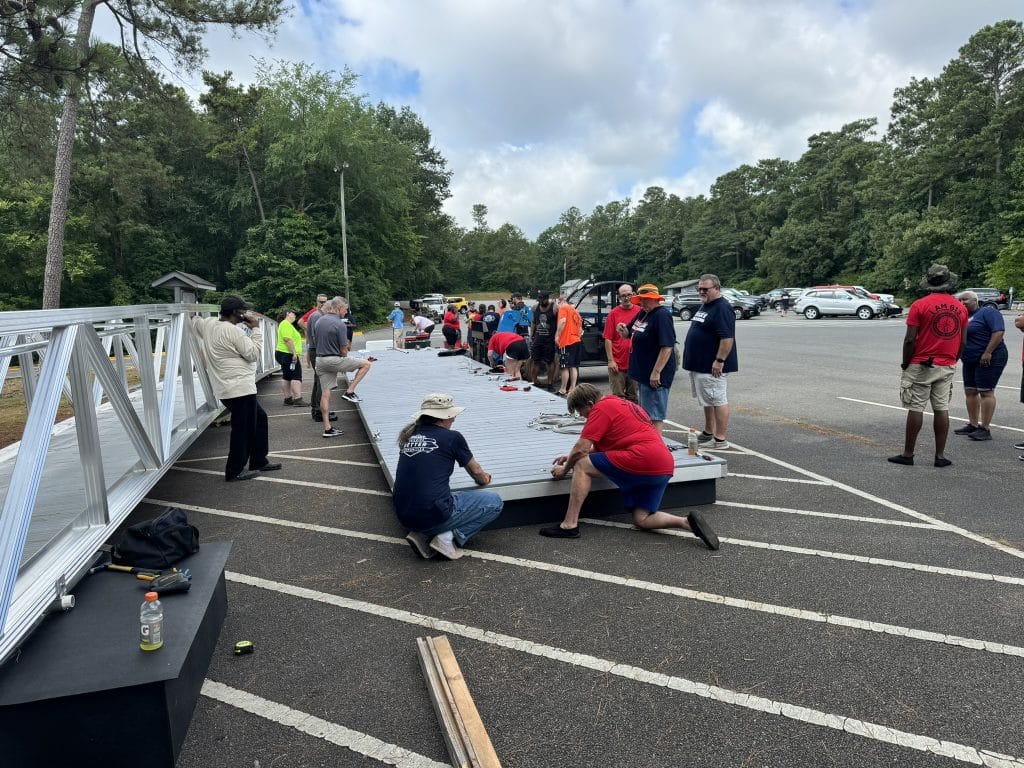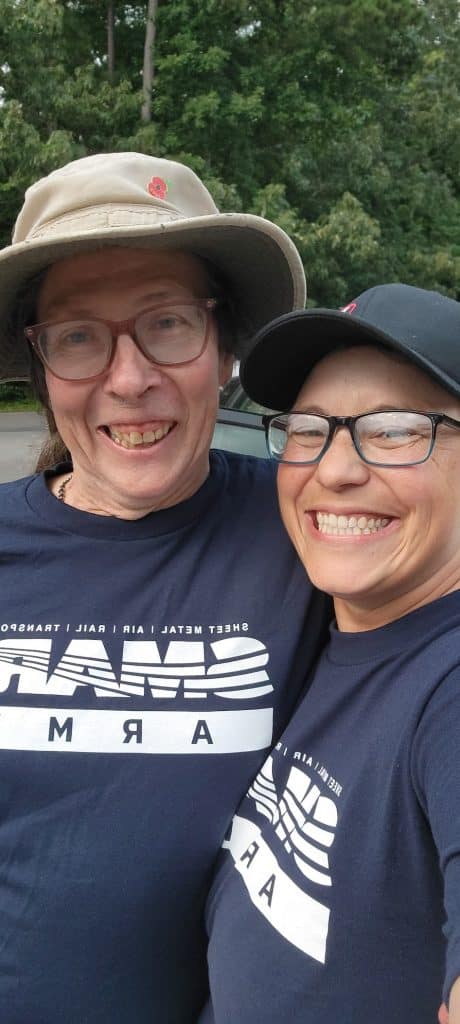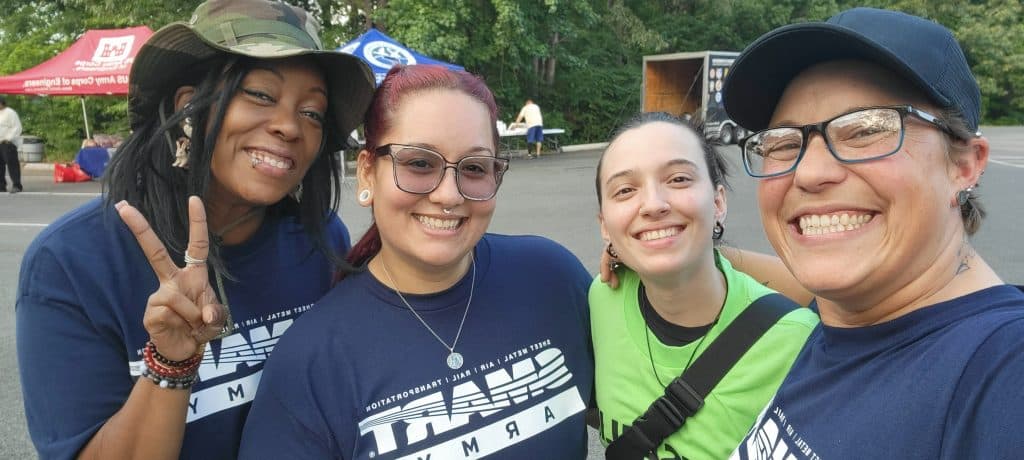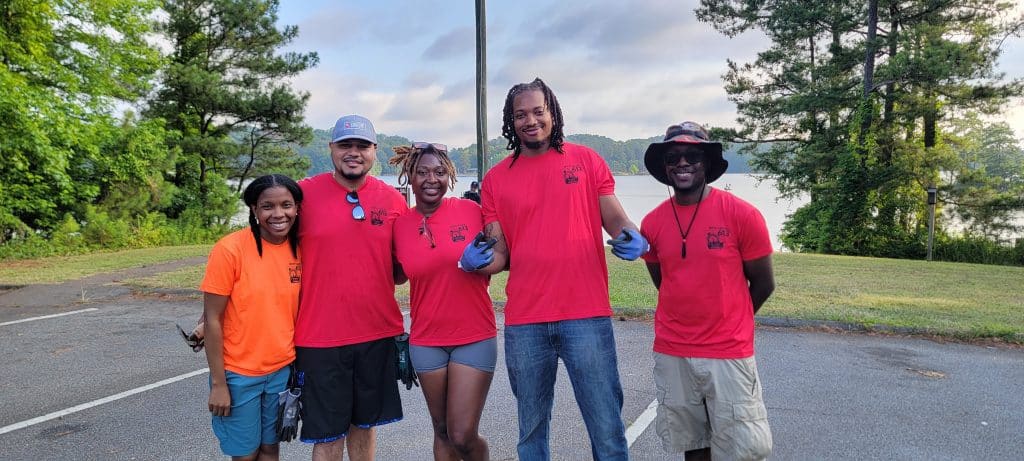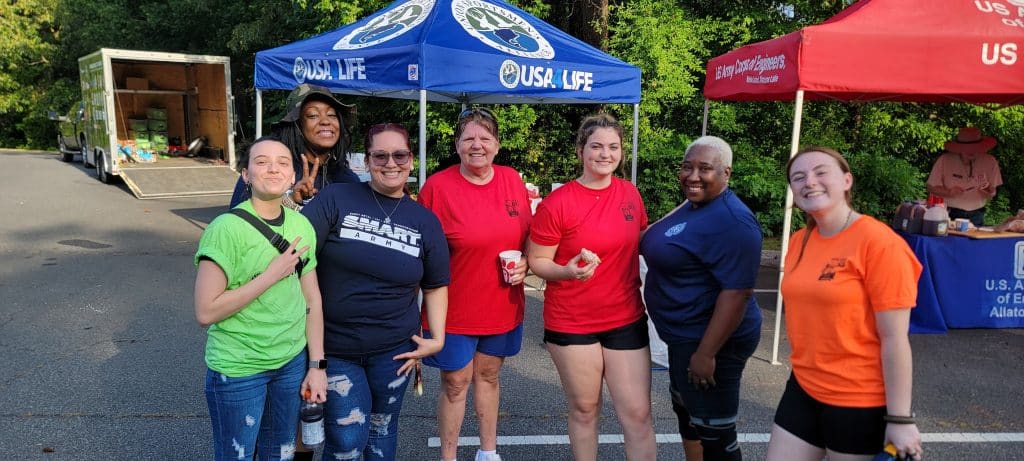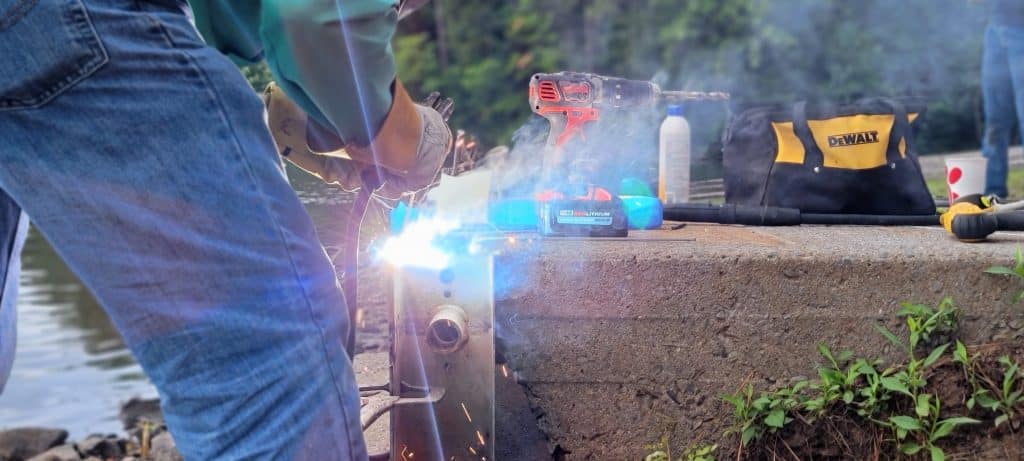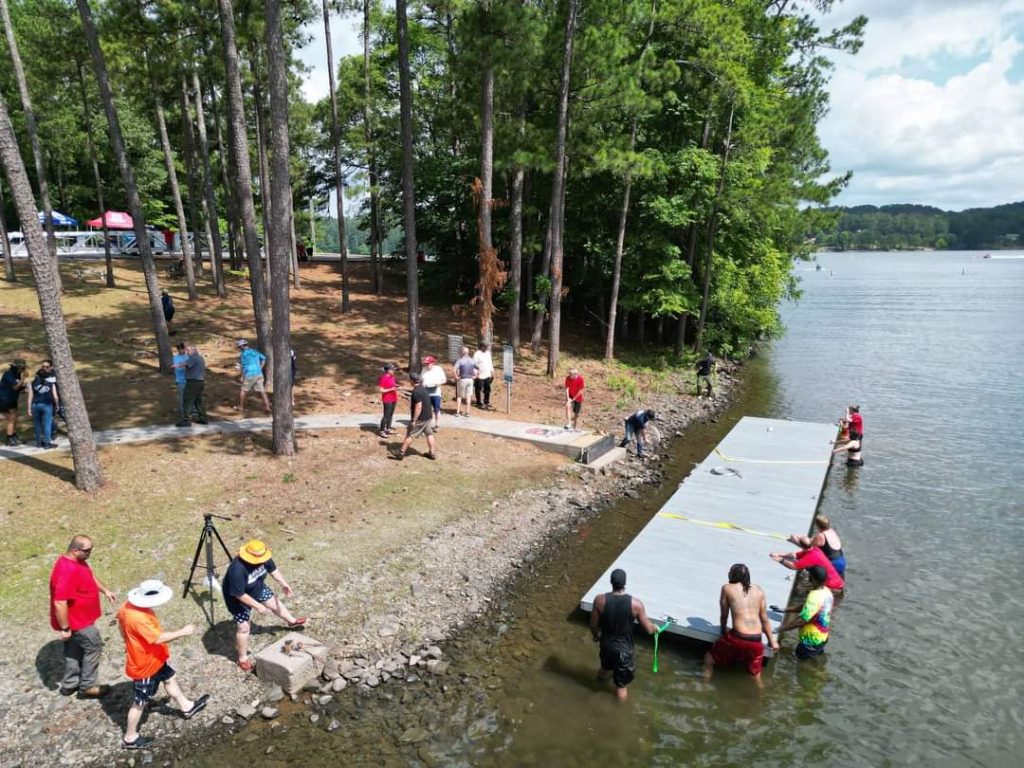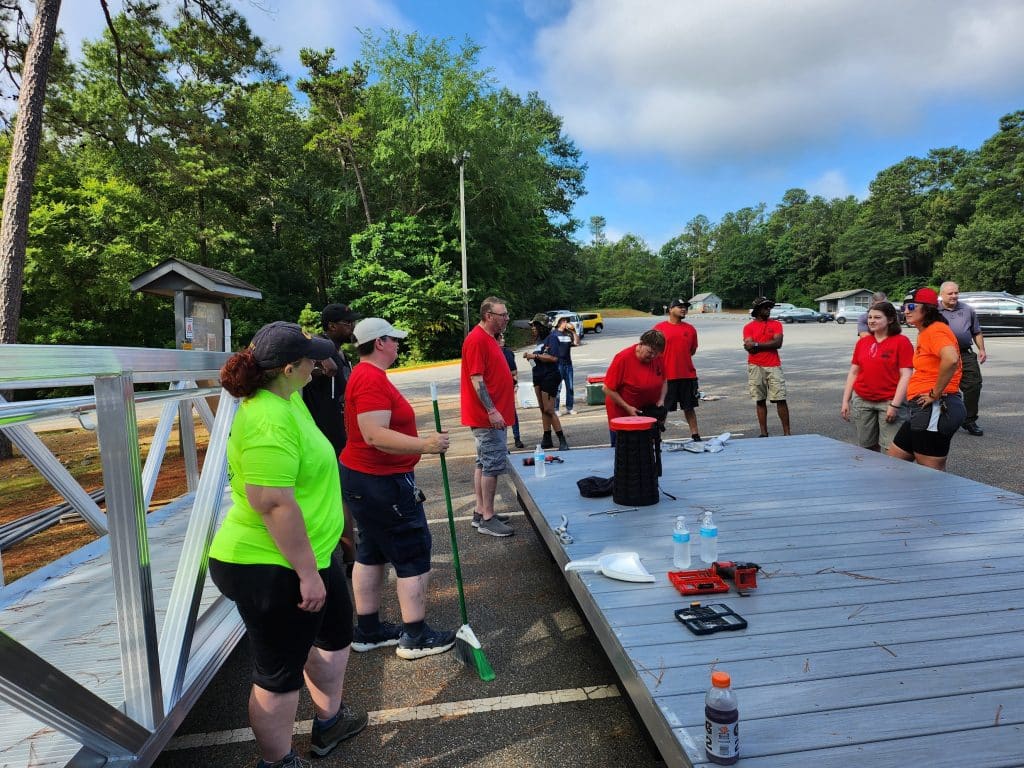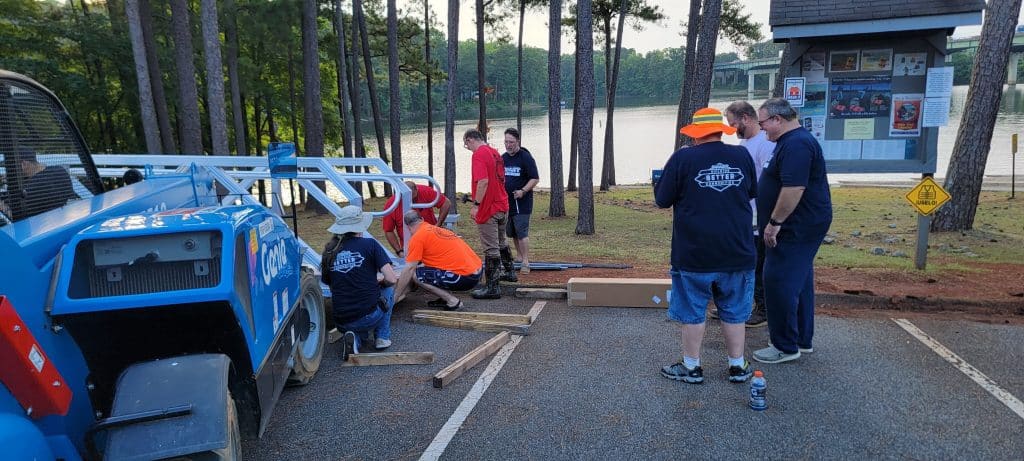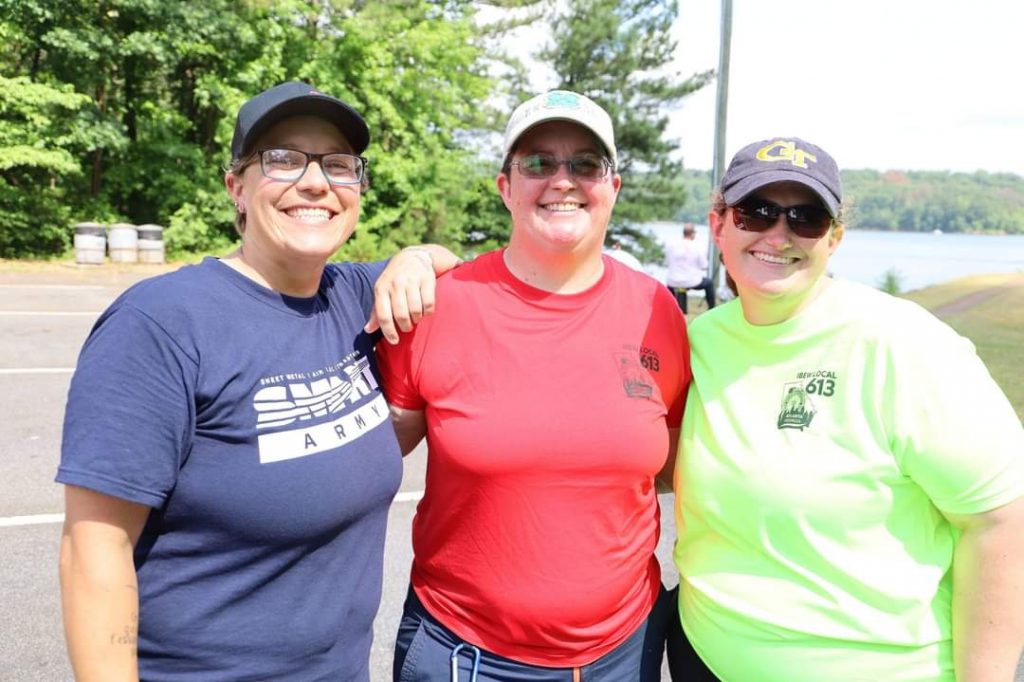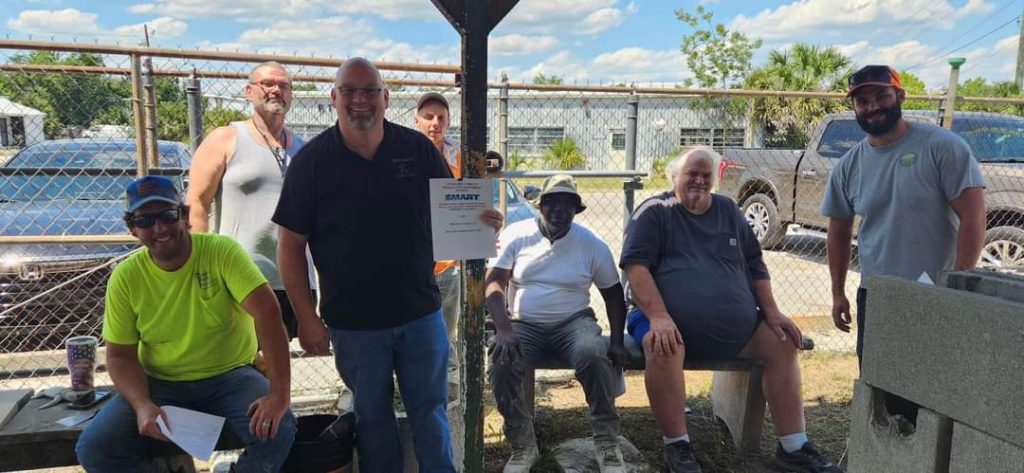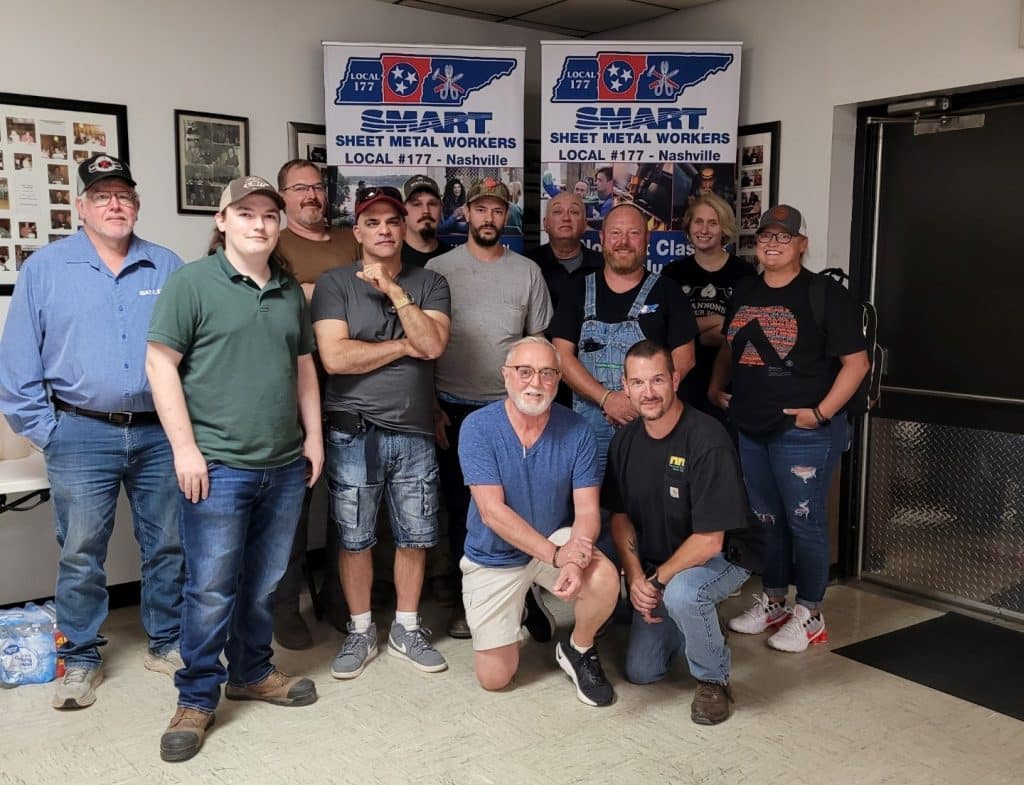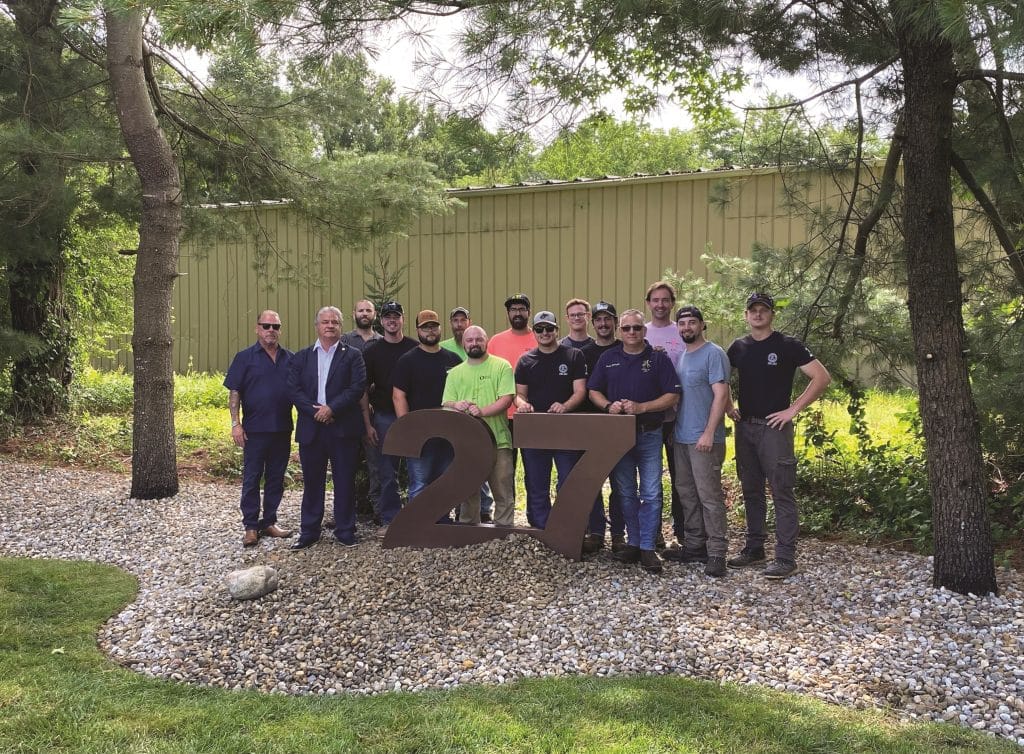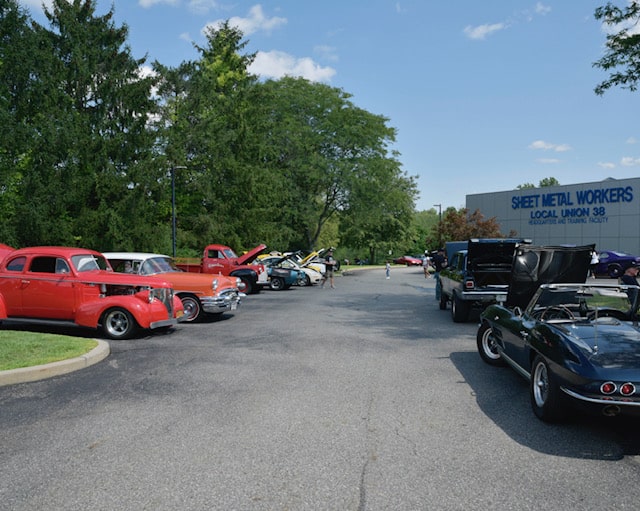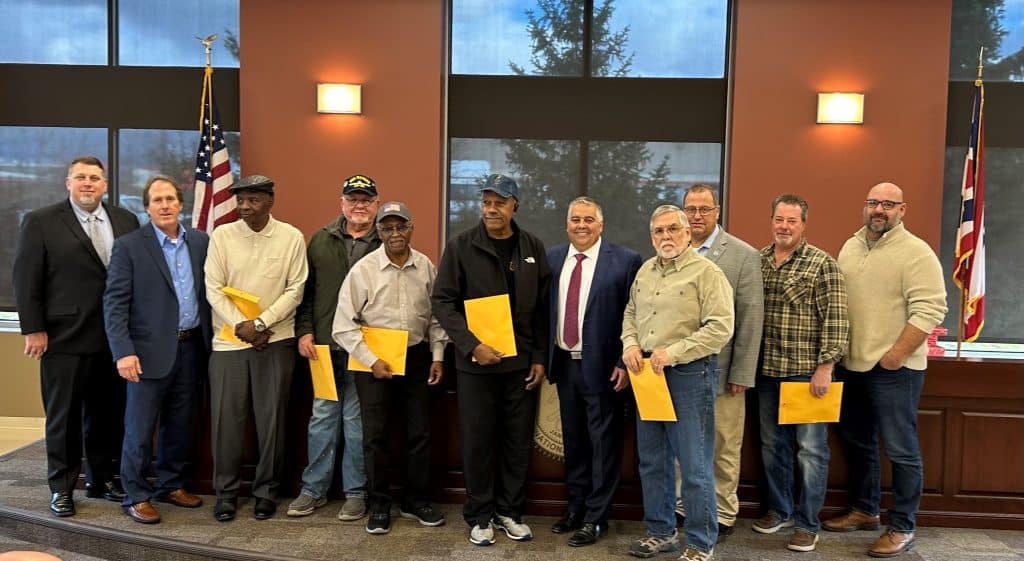Throughout the Third SMART General Convention, various convention committees delivered reports to delegates.
Rules Committee
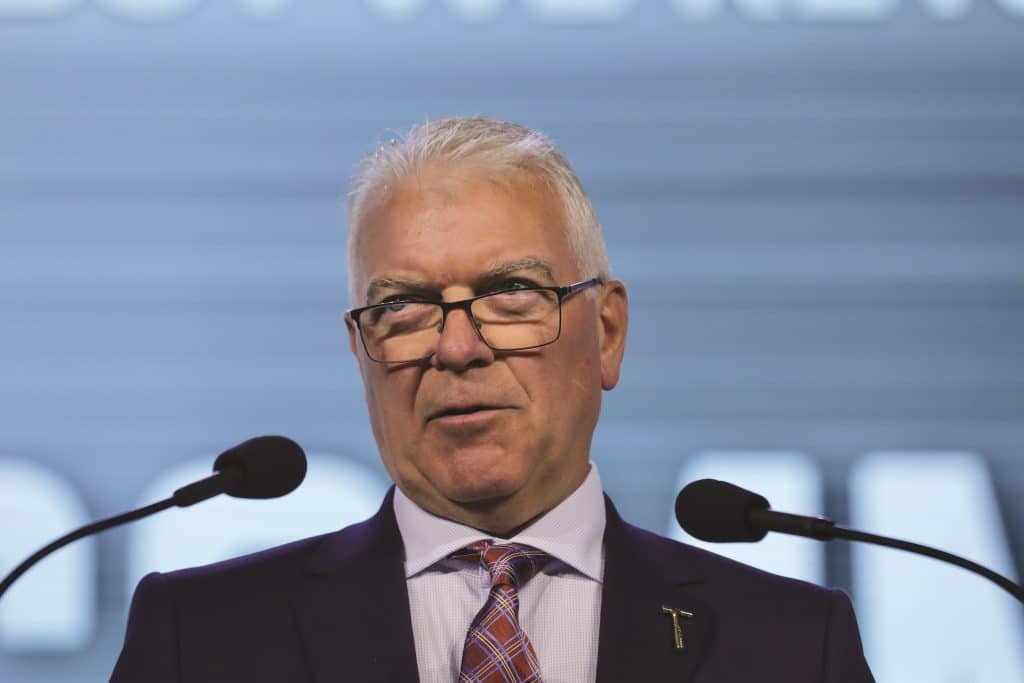
Committee Chair Bill Kenyon (Local 54, Southwest Gulf Coast Regional Council) and Committee Secretary Mark Hall (Local 473) presented the committee’s report. Secretary Hall presented 33 rules that the committee proposed, outlining the conduct and procedures that the convention and its participants would adhere to. All 33 proposed rules were passed unanimously through a voice vote.
Production Committee
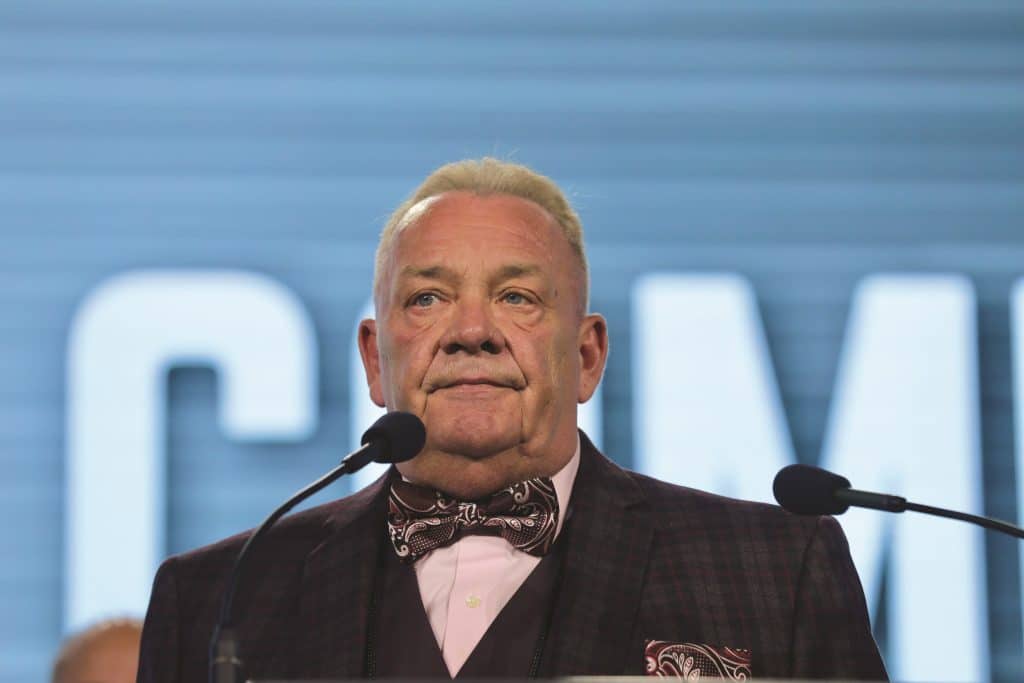
The Production Committee report was given on the convention floor by Committee Chair Derek Evans (Local 540) and Secretary Jesse Buell (Local 565).
The report included recommendations on topics such as education, organizing, regional councils, union labels and so-called “right-to-work.” The Production Committee report was approved by a unanimous voice vote.
Roofing Committee
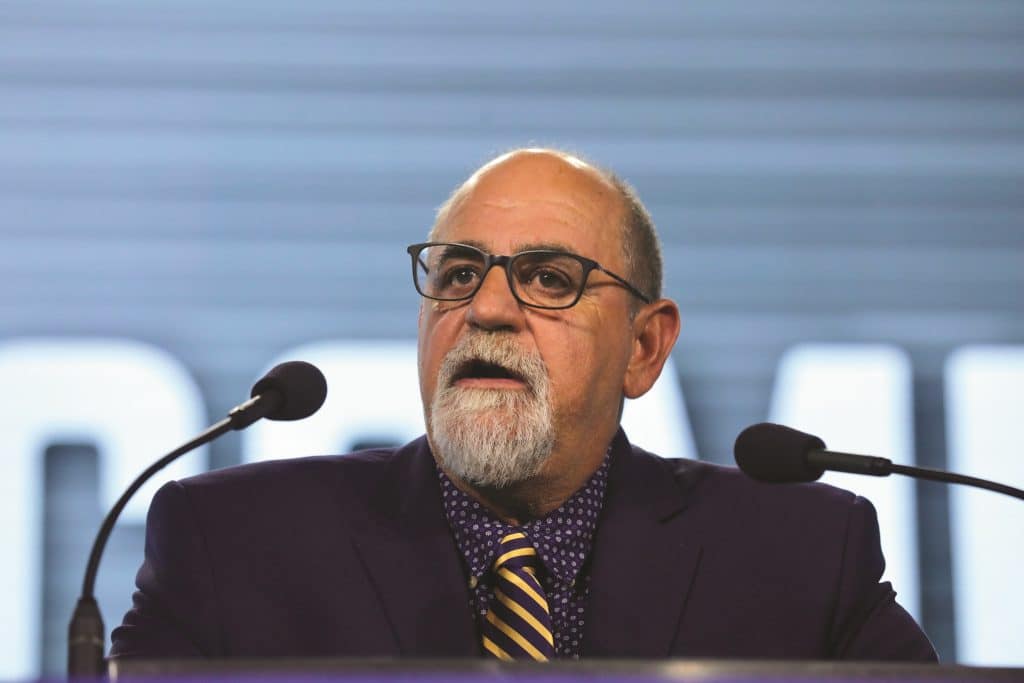
Committee Chair Jose Manso (Local 30) and Trent Todd (Local 20) reported on the committee’s findings and recommendations. The roofing sector represents an area of potential burgeoning work hours for SMART local unions and regional councils — that being said, Manso and Todd noted, differing factors and challenges face our union across the United States and Canada, and must be confronted.
HVAC/Service Committee
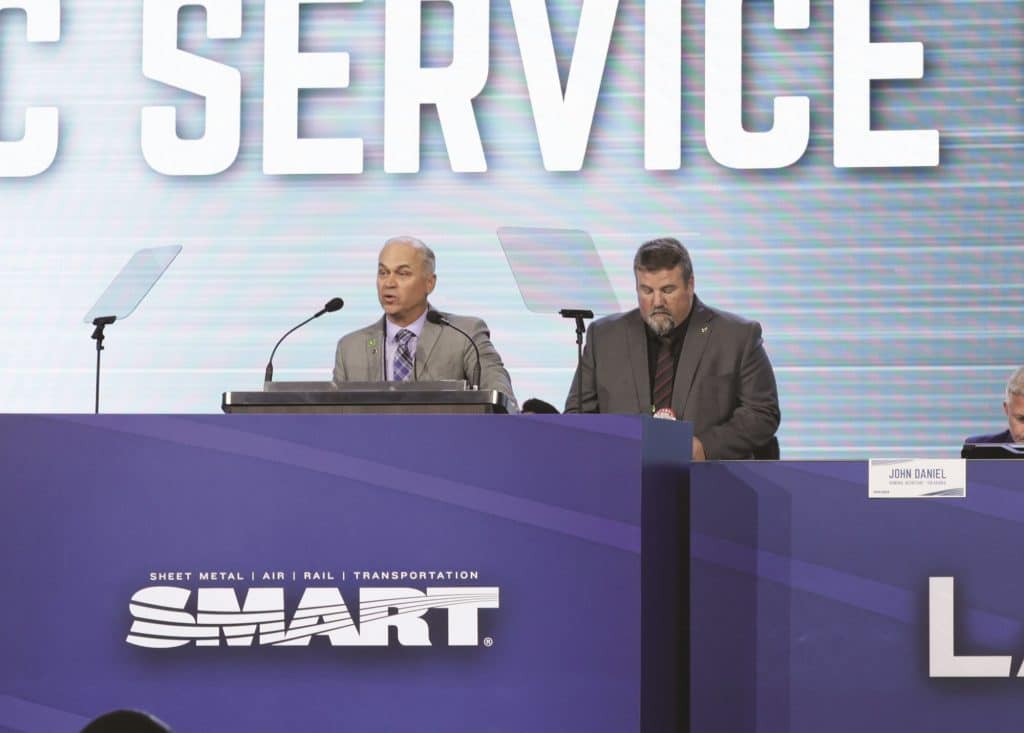
Committee Chair Jon Alvino (Local 9) and Secretary Brian Noble (Local 16, Northwest Regional Council) delivered the HVAC/Service Committee’s report, which outlined the challenges in this sector of the sheet metal industry — from rival organizations to new regulatory outlooks — and the opportunities presented by a newfound emphasis on HVAC service work. They also pointed out existing initiatives local unions and regional councils can take advantage of to increase service market share.
GEC Committee
Second General Vice President Art Tolentino (Local 293) led the nine-member General Executive Council Committee, with 10th General Vice President Steve Langley serving as secretary of the committee and presenter.
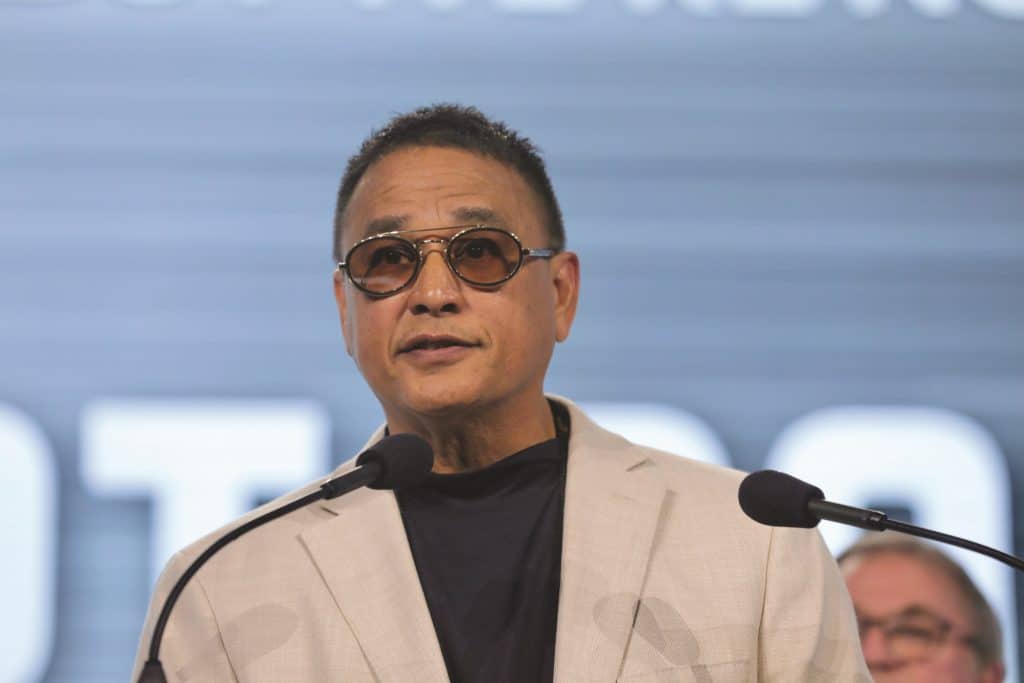
The committee’s report highlighted personnel changes at the GEC level and appointments made by the GEC to staffing positions at the SMART International and at the Transportation Division.
The GEC summarized its work to improve and restructure its educational efforts, organizing, adopt technology, recruit new members, retain current members and to keep SMART strong with the cooperation of interviews with General President Michael Coleman, TD President Jeremy Ferguson and General President Emeritus Joseph Sellers Jr.
Railroad and Airline Committee
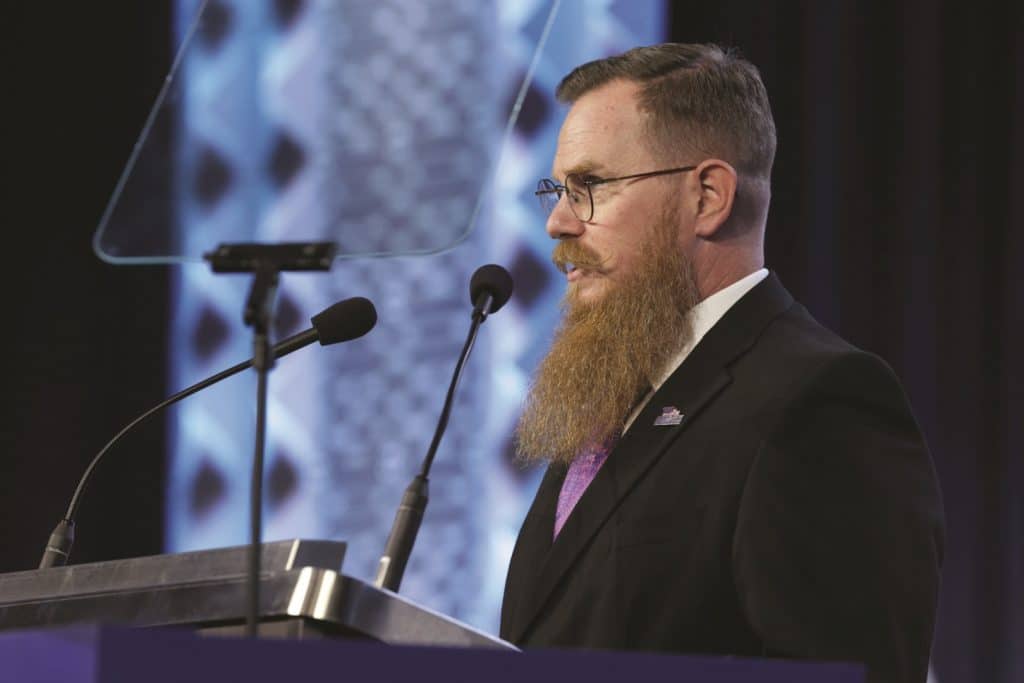
Railroad and Airline Committee Chair Buddy Piland (TD Local 1205) and Secretary Jason Luscombe (TD Local 785) presented their committee’s report. They presented 14 recommendations in total to address seven unique challenges. The challenges included local officer training, membership retention and preparation for the 2025 National Rail Agreement. The recommendations were approved by a unanimous voice vote.
Wellness and Mental Health Committee
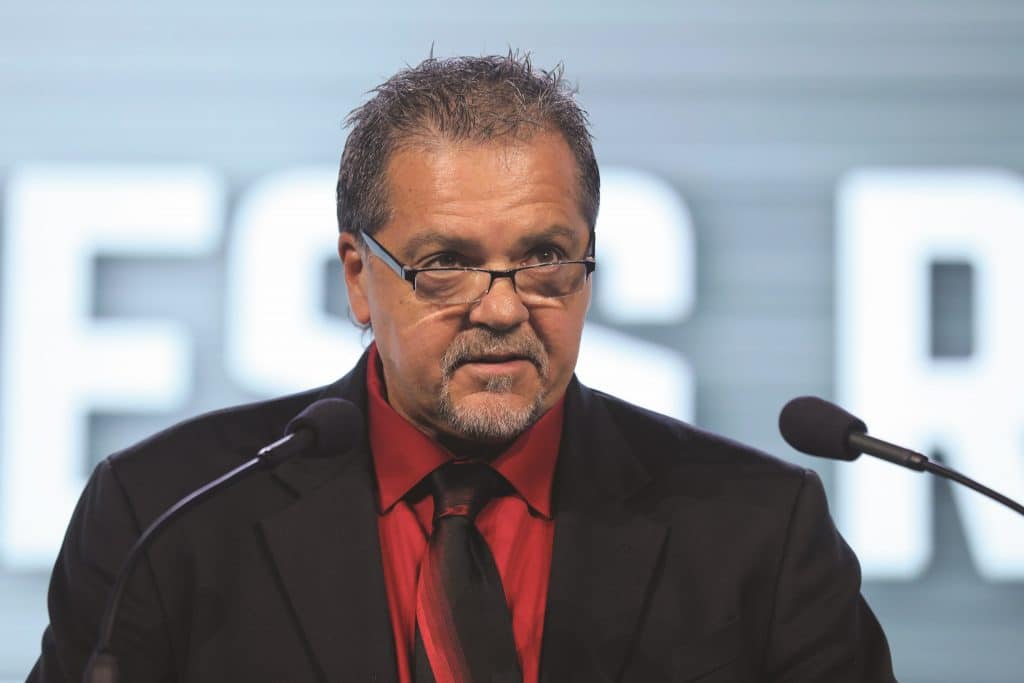
Wellness and Mental Health Committee Chair Patrick O’Leary (Local 15) and Secretary Ted Ramsdell (Local 36) presented the committee’s report. They prepared three recommendations to assist SMART members with their struggles and to promote the services SMART provides. The three recommendations were passed unanimously by voice vote.
Transit and Bus Committee
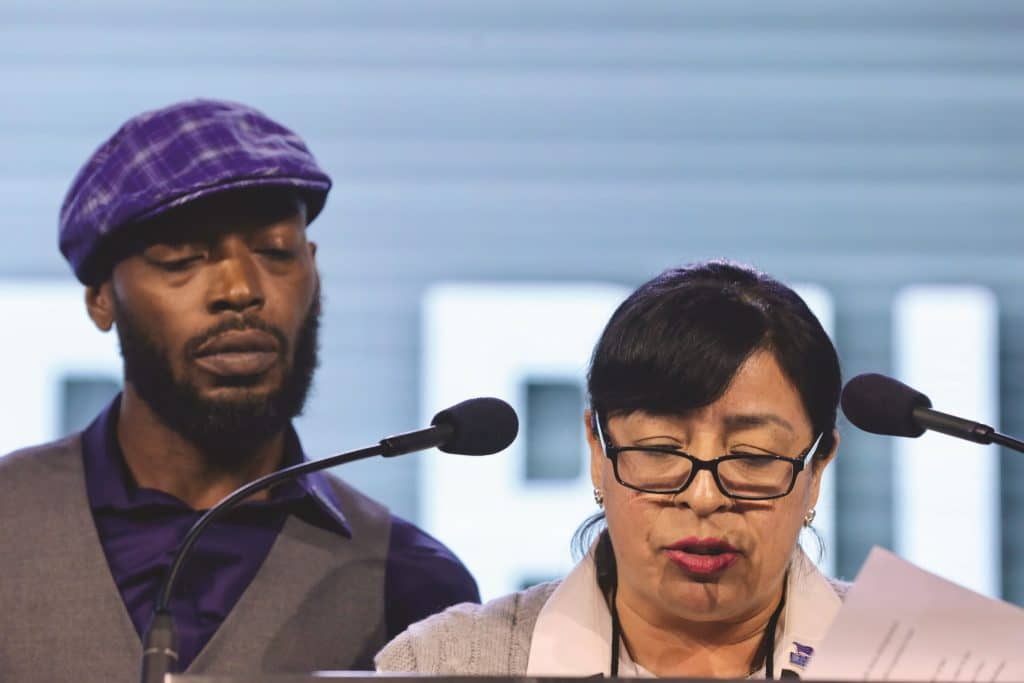
The Transit and Bus Committee report was given to the delegates by Chair Jerome Johnson (TD Local 60) and committee member Cecilia Lopez (TD Local 1701), who was standing in for Secretary Anthony Petty (TD Local 1594). The committee presented four resolutions for approval. All four resolutions were passed unanimously by a voice vote.
Compensation Committee
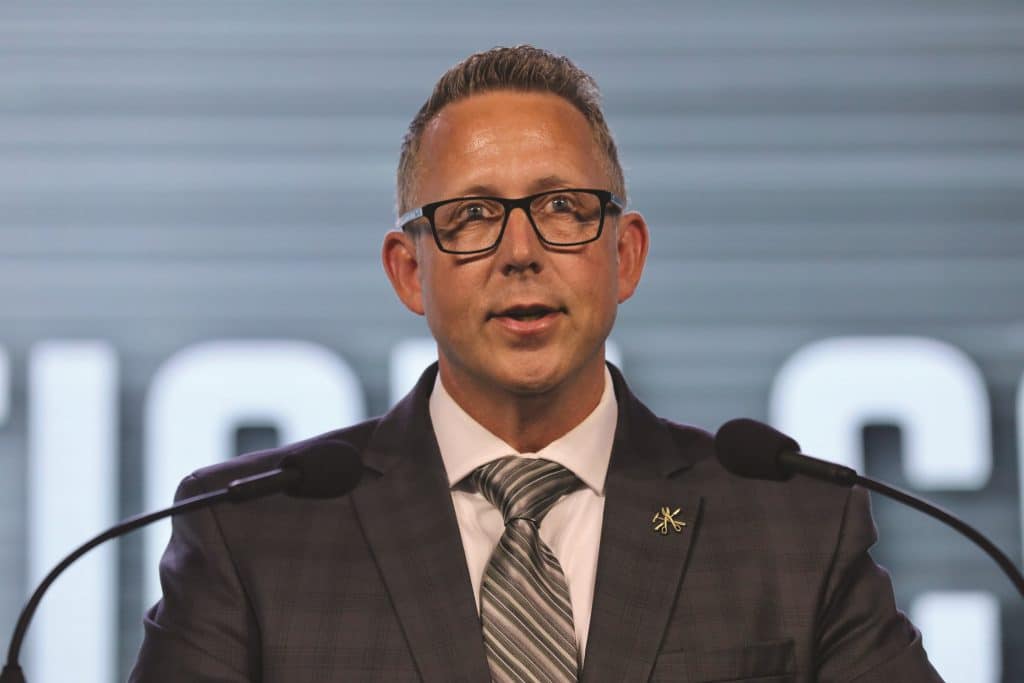
Compensation Committee Chair Thomas De Bartolo (Local 27) and Secretary Matt Fairbanks (Local 10) submitted their committee’s report to the convention delegates. They proposed altering the amount of compensation SMART will provide to both convention delegates and convention committee members. The proposals were approved by voice vote.
Grievance and Appeals Committee
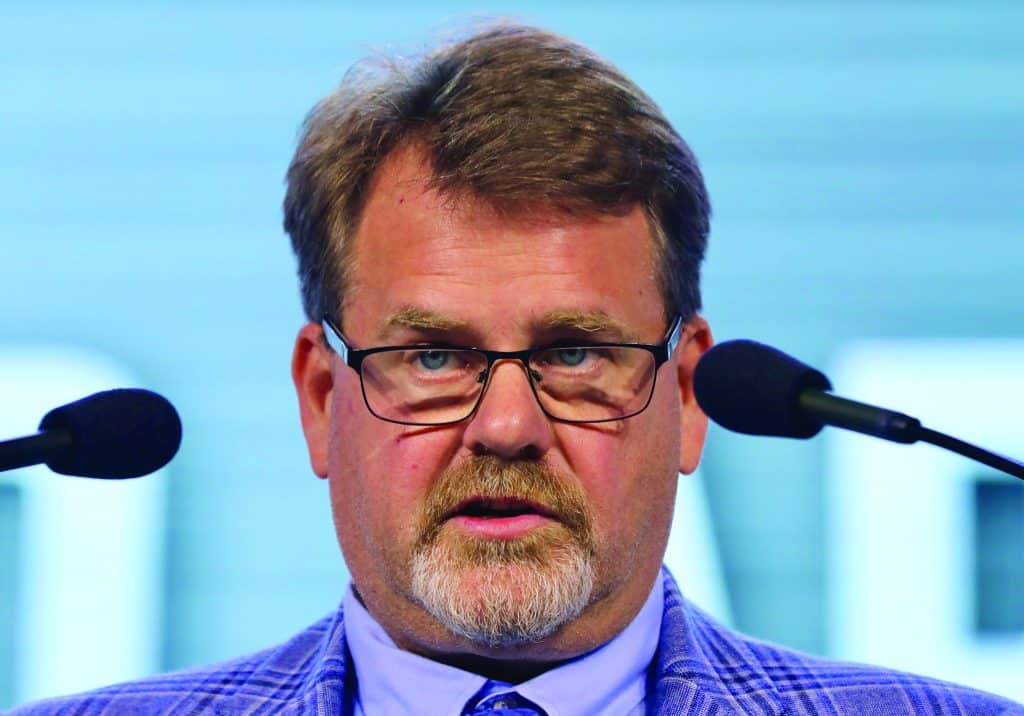
Grievance and Appeals Committee Chair Robert Butler (Northeast Regional Council) and Secretary Robert Gougeon (Local 285) gave the report of their committee. They presented their committee’s findings on multiple cases of SMART members who had appealed the findings of the General Executive Council.
Apprenticeship Committee
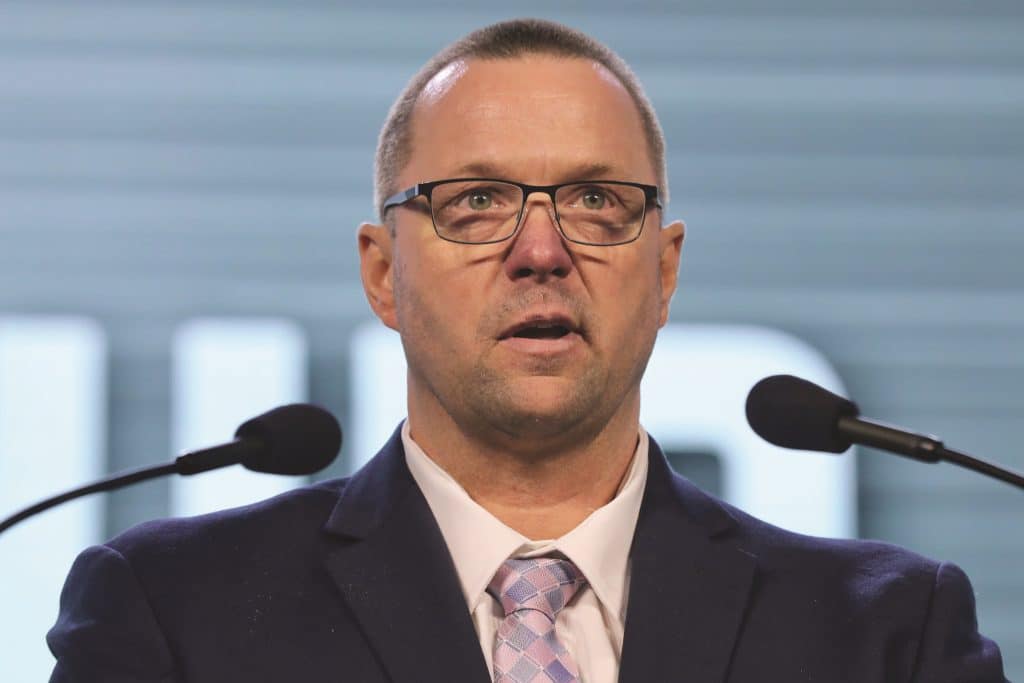
Apprenticeship Committee Chair Bryan Bush (Local 19) and Secretary Jason Dammon (Local 10) offered their committee’s report to the convention delegates. They discussed the importance of continuing SMART’s support for developing and fostering apprenticeship programs. The report was adopted by a unanimous voice vote.
Credentials Committee
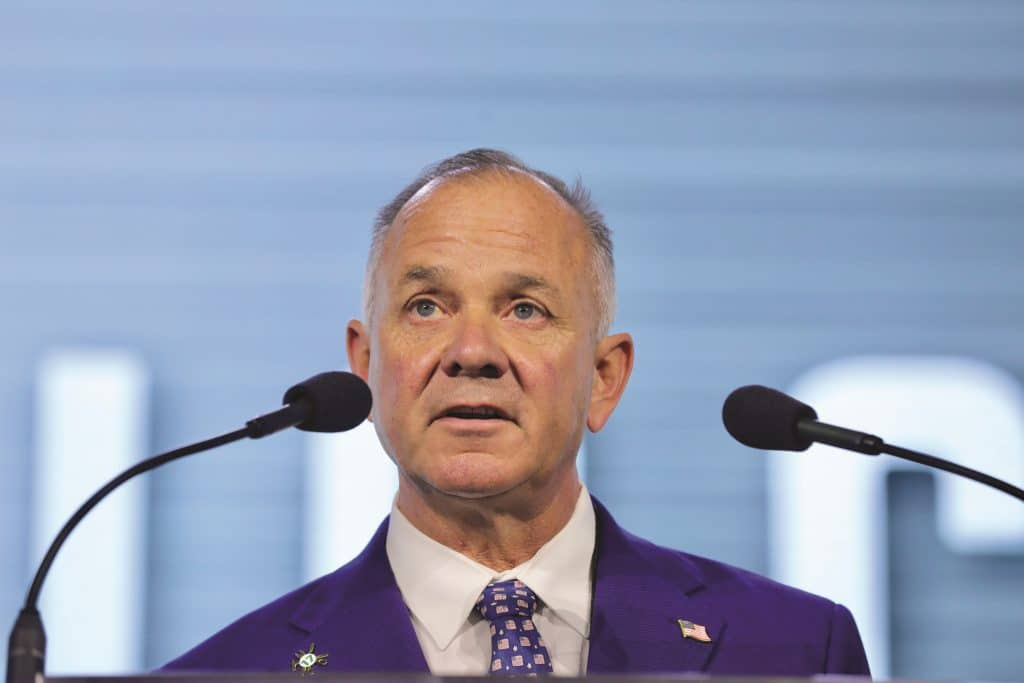
Credentials Committee Chair Russell Bartash (Northeast Regional Council) and Secretary Joe Cook (Local 219) presented the GST credentials report. Along with credentialed convention delegate information, the Credentials Committee reviewed the current financial records and five-year projections of SMART’s sheet metal and Transportation Divisions. The Credentials Committee proposed changes to membership International dues amounts and allocation of members’ dues. An increase to monthly per capita dues was proposed. The motion passed.
Industrial and Automotive Committee
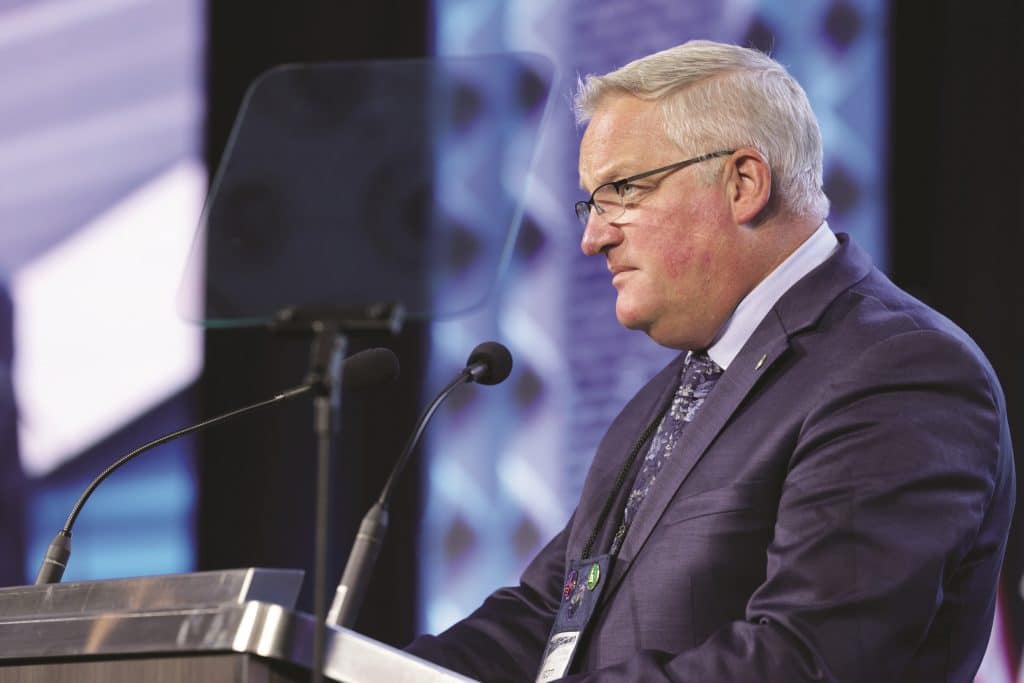
Committee Chair Rodney French (Local 24) and Committee Secretary Scott Knocke (Local 18) presented the report of the Industrial/Automotive Committee. The report addressed the importance of recruitment, retention, expanding jurisdictions, education and marketing.
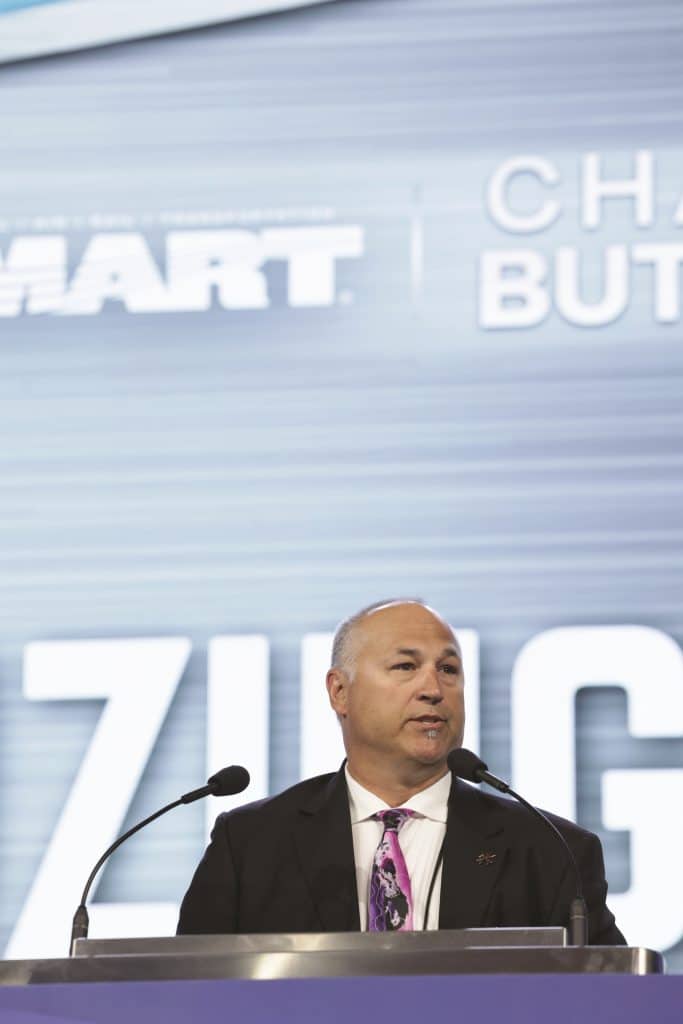
Organizing Committee
Committee Chair Brian Masters (Local 104) and Committee Secretary Devin Leingang (Northwest Regional Council) presented the Organizing Committee report. The committee’s report described their efforts to tailor SMART’s organizing strategy to the specific needs and dynamics of each local union.
Union Label Committee
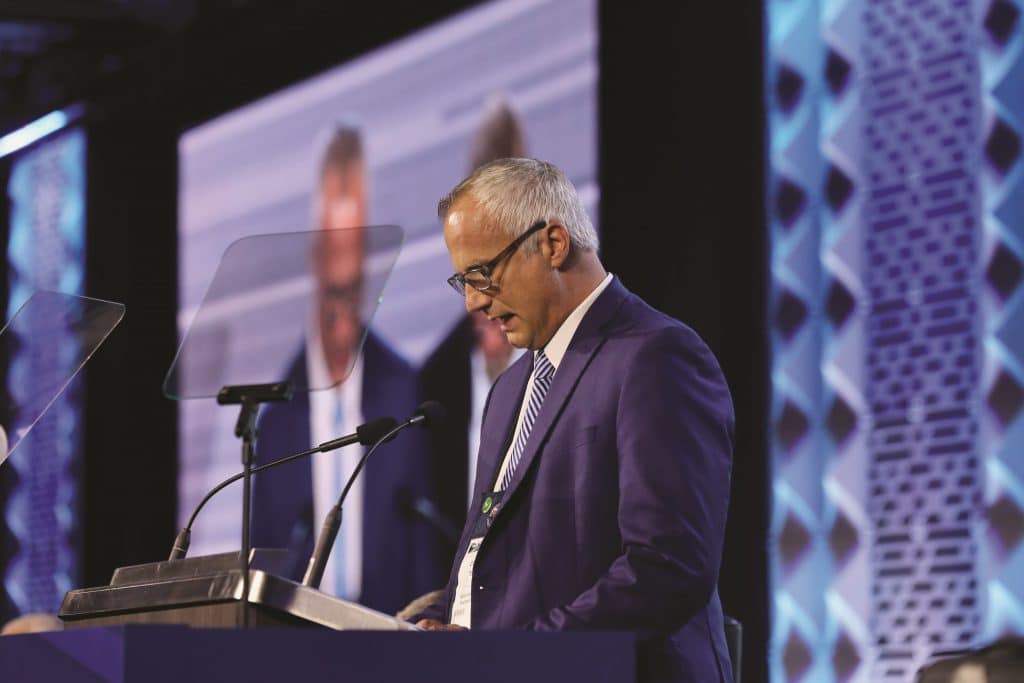
Union Label Committee Chair Eric Meirhaeghe (Local 91) and Committee Secretary Don Dunne (Local 44) presented their committee’s report. In their report, they stated the importance of continuing the “Label It, Scan It, Report It” campaign and five additional initiatives aimed at ensuring union labels continue to represent a commitment to fair labor practices, quality production and the protection of workers’ rights.
General President’s Committee
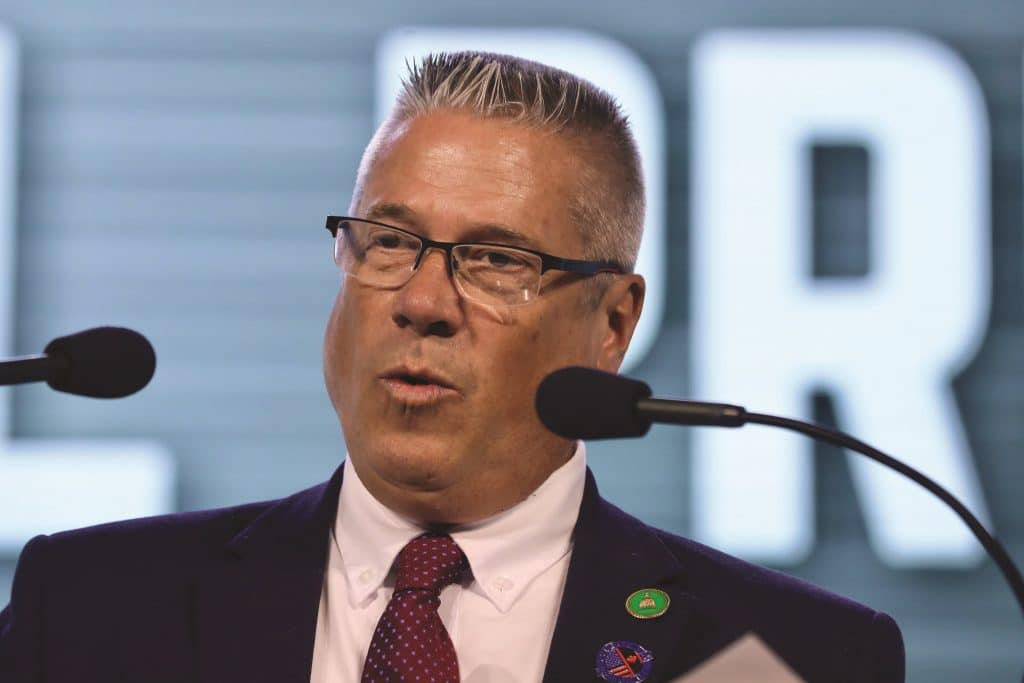
Chair Jason Pedersen (Local 276) and Secretary Gregory Blose (Local 12) presented the summary of the General President’s Committee report, which emphasized forward-thinking leadership and progress on a variety of fronts within SMART — legislative lobbying on the implementation of pro-union laws and a federal two-person crew regulation; expanding and bolstering important initiatives like Belonging and Excellence for All and the SMART Women’s Committee; strengthening both internal and external organizing across our union; and close collaboration and solidarity across sheet metal and transportation, among other subjects.
Constitution Committee
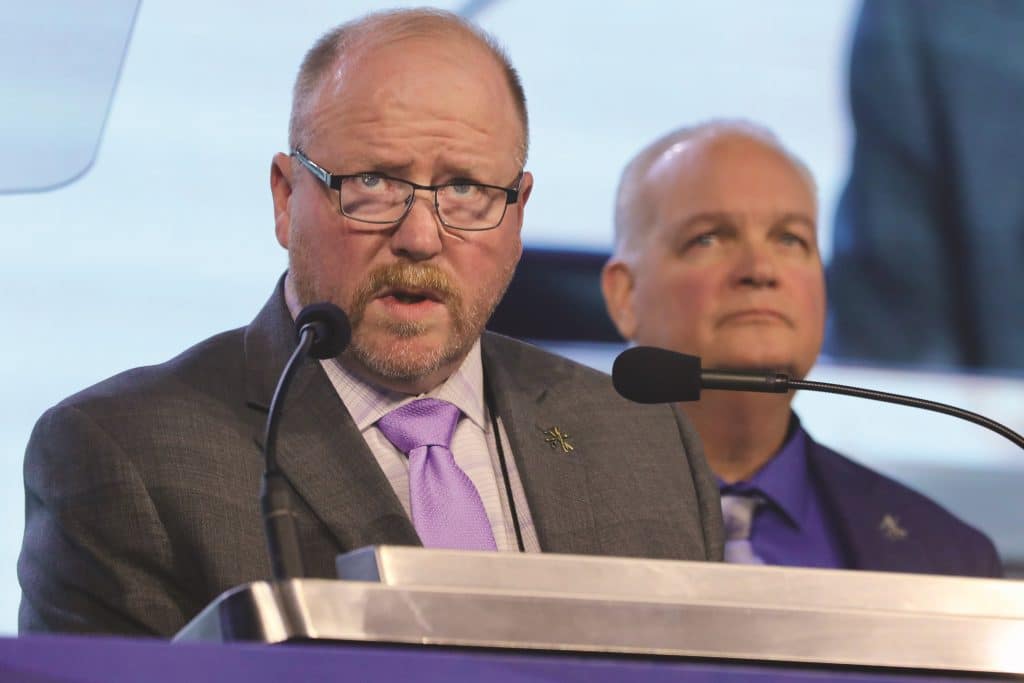
Committee Chair Rick Werner (Local 104) and Committee Secretary Lance Deyette (Northwest Regional Council) presented proposed amendments, reviewed by SMART’s Constitution Committee, for debate and voting by delegates. These amendments were submitted by local unions, councils, regional councils, general committees, state legislative boards and the Constitution Committee itself.
Resolutions Committee
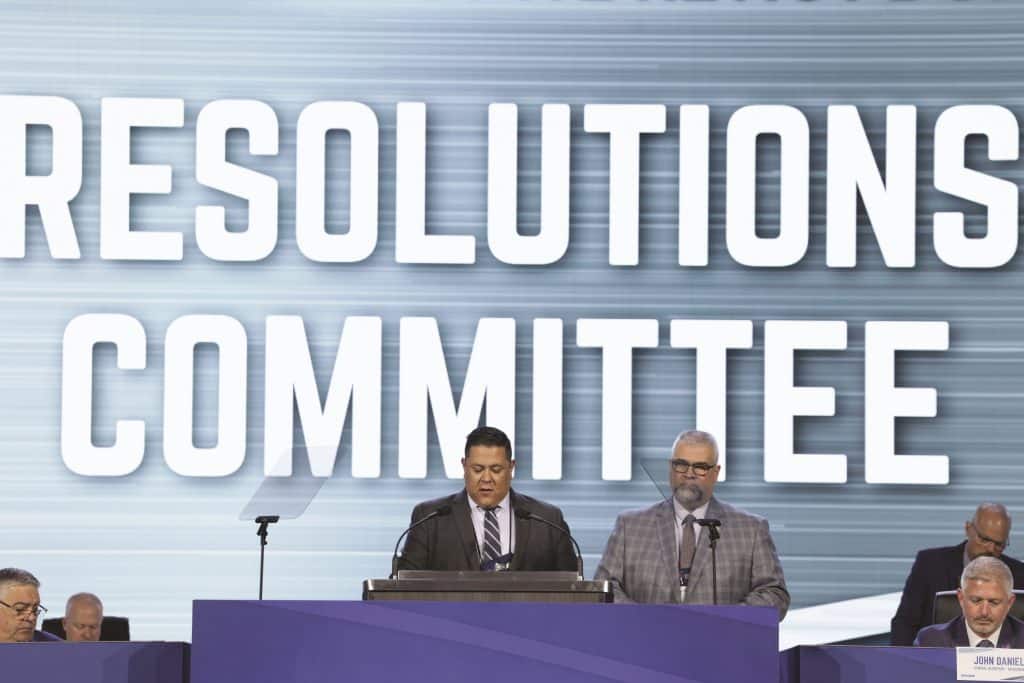
Resolutions Committee Chair Ray Reasons (Local 36) and Committee Secretary Isaiah Zemke (Local 49) presented their committee’s final report to the delegates. In total, the committee made three proposals. The first was a 14-point resolution. The 14 resolutions were voted on separately through the convention process, and therefore no action was needed in connection with the committee’s final report. Two additional resolutions were proposed and passed via unanimous voice votes.
Charities Committee
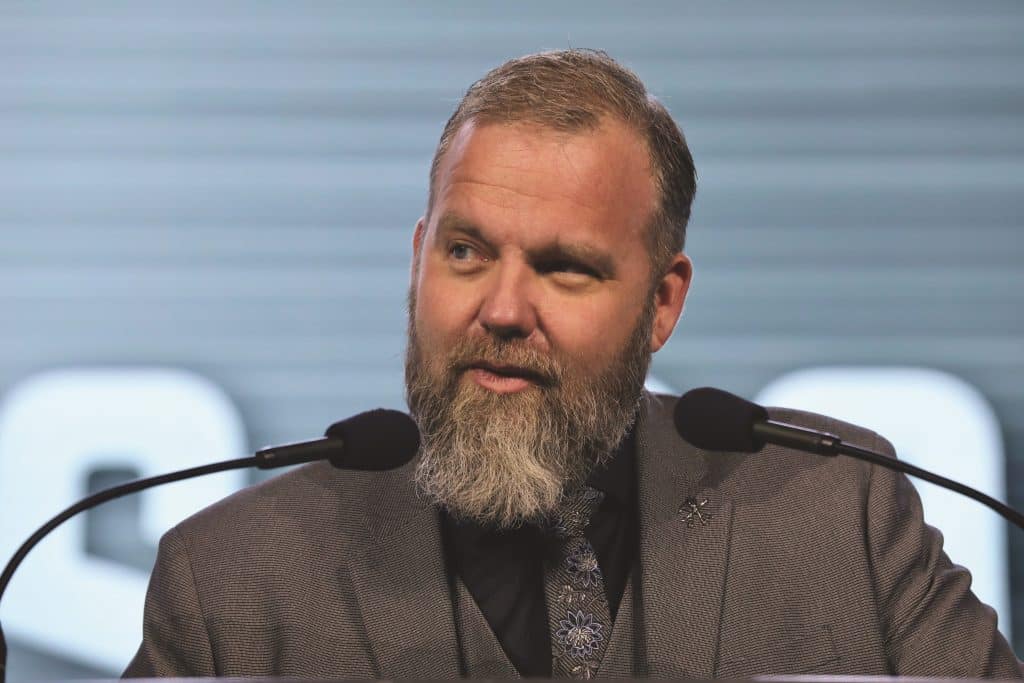
Charities Committee Chair Geremiah Robnett (Local 88) and Committee Secretary Jeffery Holly (Local 359) submitted their committee’s report to the convention delegates. Their report included the total amount raised since 2019’s convention: $493,342.13. The committee also reported the two benefactors of our charity funds are SMART’s Disaster Relief Fund, which helps members following natural disasters, and the United Labor Agency of Nevada, which assists union members and their families throughout the state of Nevada. Details were given as to the disbursements made by the committee from 2019 to the present.
Political Action League Committee
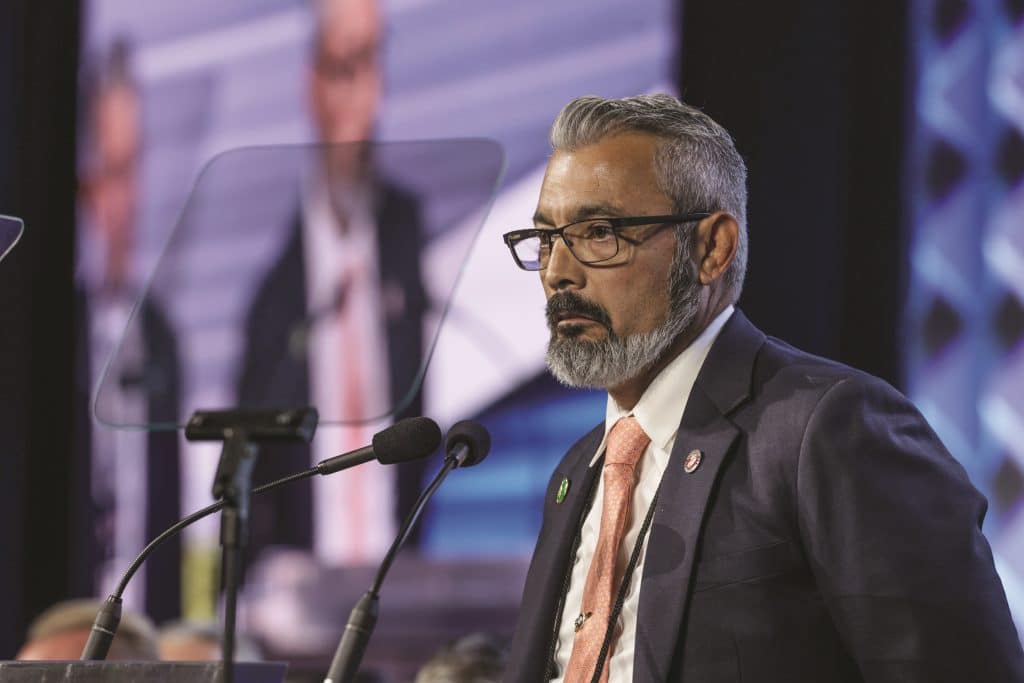
Political Action League Committee Chair Steve Hinson (Local 105) and Committee Secretary Pete Scaglione (Local 137) presented the PAL Committee Report to the delegates. The report described the PAL Committee’s vision for bolstering political communications between SMART’s Governmental Affairs Department and our members and facilitating member-to-member communications.
